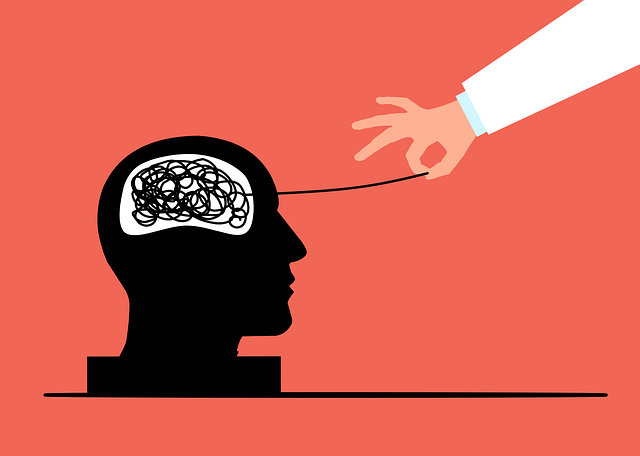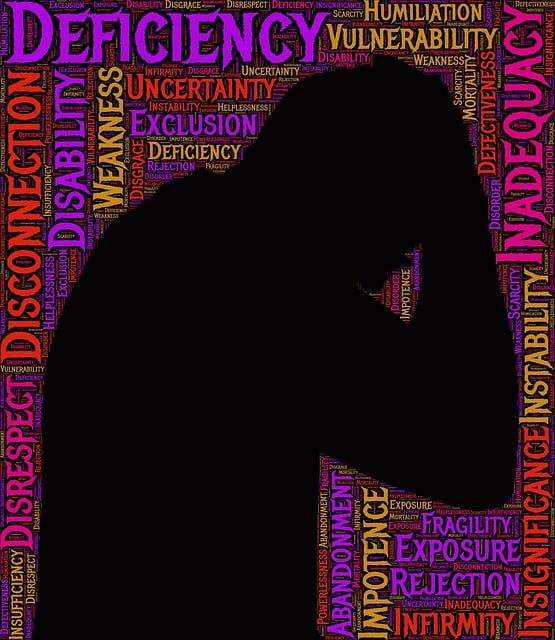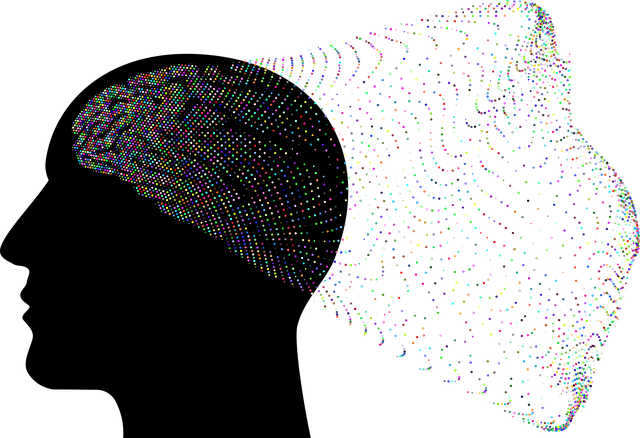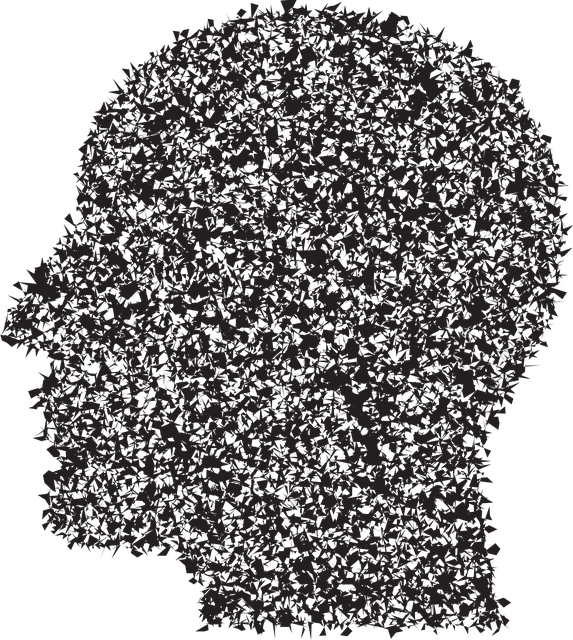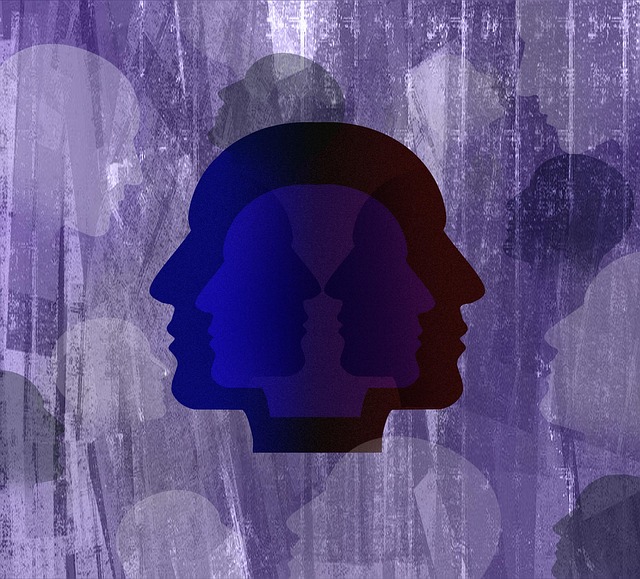Men face unique mental health challenges due to societal expectations and stigma, discouraging them from seeking help. Historical socialization has led to emotional suppression, causing unaddressed psychological issues. Golden Mens Issues Therapy focuses on creating safe spaces for men to express emotions without judgment, using tailored anxiety relief techniques. Mentor-led coaching programs holistically address specific male mental health challenges, promoting active healing and reducing stigma. These programs incorporate self-awareness exercises and emotional intelligence development, enhancing mental wellness outcomes. Cultural sensitivity and evidence-based practices ensure inclusive environments and effective coping strategies. Measuring program impact through assessments and feedback ensures long-term recovery and informs continuous improvement in men's mental healthcare.
“In today’s fast-paced world, mental wellness coaching is emerging as a powerful tool for men seeking support. This article delves into the development of specialized programs tailored to address Golden Men’s Issues Therapy. We explore the unique challenges and stigma surrounding male mental health, highlighting the transformative role of coaching. Through an in-depth look at key components, evidence-based practices, evaluation strategies, and holistic approaches, we uncover effective paths towards lasting mental wellness for men.”
- Understanding Men's Mental Health: Unveiling Common Challenges and Stigma
- The Role of Coaching: A Holistic Approach to Mental Wellness for Men
- Designing Effective Programs: Key Components for Success in Men's Therapy
- Integration of Evidence-Based Practices: Enhancing Coaching Techniques
- Measuring Impact and Sustainability: Evaluation Strategies for Long-Term Recovery
Understanding Men's Mental Health: Unveiling Common Challenges and Stigma

Men often face unique challenges when it comes to mental health, with many struggling to seek help due to societal expectations and stigma. Historically, men have been socialized to suppress emotions, which can lead to unaddressed psychological issues. The concept of vulnerability is often seen as a weakness among males, creating a cultural barrier to accessing therapy or mental wellness coaching. This hidden suffering can manifest in various forms, including anxiety, depression, and substance abuse, all of which are prevalent among men but often go undiagnosed or untreated.
Addressing these “Golden Mens Issues” requires a thoughtful approach, especially within the context of mental health education programs design. Incorporating therapy that considers cultural sensitivity in mental healthcare practice is essential. By creating safe spaces where men can openly discuss their feelings and challenges, without fear of judgment, we can start to chip away at the stigma. Anxiety relief techniques tailored to male experiences and perspectives can be life-changing, helping individuals navigate stress and emotional turmoil more effectively.
The Role of Coaching: A Holistic Approach to Mental Wellness for Men

Mentor-led coaching programs offer a unique and effective approach to addressing mental wellness among men, targeting specific challenges often overlooked in traditional therapy settings. Men’s issues in therapy, such as emotional expression, vulnerability, and seeking help, are sensitive topics that can create barriers to care. Coaching provides a safe, non-judgmental space where men can explore these complexities without the same societal pressures they may face in clinical environments.
This holistic method empowers individuals to take an active role in their healing journey. Coaches work collaboratively with clients to identify personal goals, uncover underlying beliefs, and develop tailored strategies for managing mental health. By focusing on self-awareness, resilience, and coping mechanisms, these programs offer a proactive solution to preventing and mitigating the impact of trauma and mental illness. Additionally, this approach can help reduce the stigma surrounding men’s emotional well-being, fostering a healthier and more supportive environment for open dialogue and recovery.
Designing Effective Programs: Key Components for Success in Men's Therapy

In designing effective mental wellness coaching programs tailored for men’s therapy, several key components are essential to ensure success. First and foremost, addressing Golden Mens Issues Therapy requires a deep understanding of the unique challenges faced by men in modern society. This includes tackling topics such as emotional expression, masculine identity crises, and the pressure to conform to traditional gender roles. Programs should incorporate Self-Awareness Exercises that encourage men to explore their emotions, thoughts, and behaviors openly without judgment.
Additionally, fostering Emotional Intelligence is vital for promoting mental wellness. Coaching sessions can include strategies for recognizing and managing emotions, improving communication skills, and cultivating empathy. By integrating these components into the program structure, therapists enable clients to develop a stronger sense of self-awareness, enhance their emotional resilience, and foster healthier relationships, ultimately leading to improved mental wellness outcomes.
Integration of Evidence-Based Practices: Enhancing Coaching Techniques

The integration of evidence-based practices is a game-changer in mental wellness coaching programs. Techniques rooted in Golden Mens Issues Therapy, for instance, offer effective strategies to address common challenges faced by men, fostering inner strength development and promoting healthier coping mechanisms. By incorporating these evidence-backed methods, coaches can enhance their ability to support clients in navigating stress, anxiety, and emotional difficulties.
Cultural sensitivity is also a key aspect of modern mental healthcare practice. Coaches must be adept at creating safe spaces that accommodate diverse backgrounds and beliefs, encouraging open dialogue and personalized self-care routine development for better mental health. This inclusive approach ensures that every individual feels understood and empowered throughout their coaching journey.
Measuring Impact and Sustainability: Evaluation Strategies for Long-Term Recovery

Measuring the impact and sustainability of mental wellness coaching programs is paramount to ensure long-term recovery for individuals facing common men’s issues therapy challenges. Evaluation strategies should go beyond immediate outcomes, focusing on behavioral changes, improved coping mechanisms, and enhanced overall well-being. This multifaceted approach involves pre- and post-program assessments, participant feedback, and regular check-ins to track progress over time. By integrating these methods, mental health education programs design can be refined, and burnout prevention strategies for healthcare providers can be informed, ensuring the continuity of effective support.
Furthermore, examining the program’s influence on broader societal trends related to mental health policy analysis and advocacy is beneficial. Long-term success is indicated by increased community resilience, reduced stigma associated with seeking therapy, and positive policy changes that prioritize mental wellness coaching as a viable prevention strategy. These evaluations contribute to a robust understanding of what works in addressing men’s mental health concerns, fostering a more comprehensive approach within the healthcare landscape.
Mental wellness coaching programs, focusing on the unique challenges men face, offer a promising approach to addressing the often-overlooked “Golden Mens Issues.” By integrating evidence-based practices and a holistic mindset, these programs can significantly enhance long-term recovery. Effective design, tailored interventions, and continuous evaluation ensure that coaching becomes a powerful tool in navigating the complex landscape of male mental health, fostering sustainability and improved well-being.



